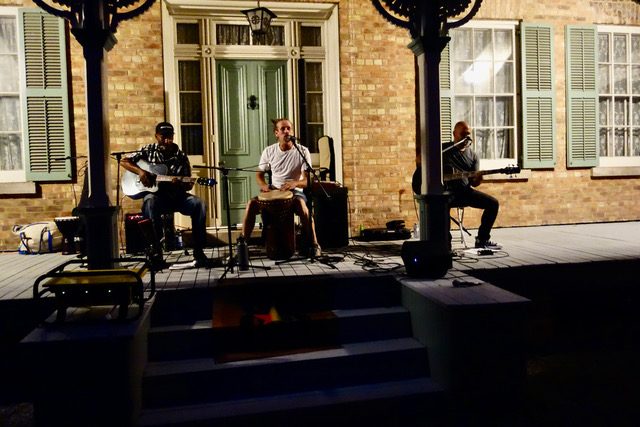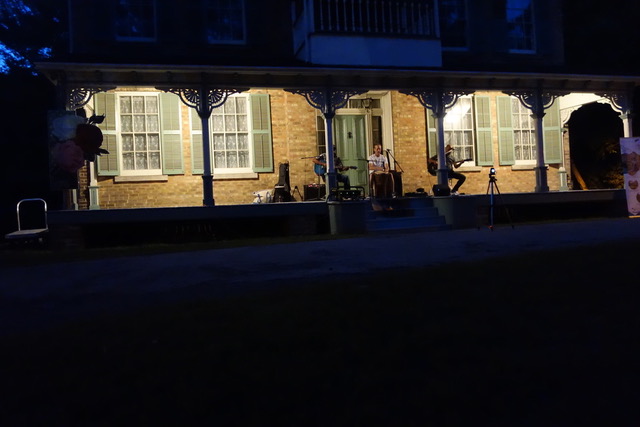
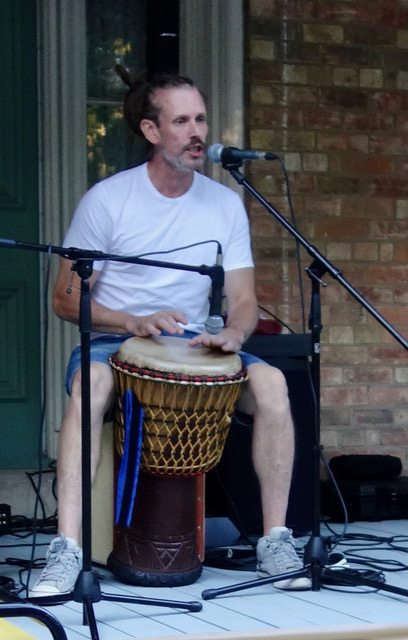
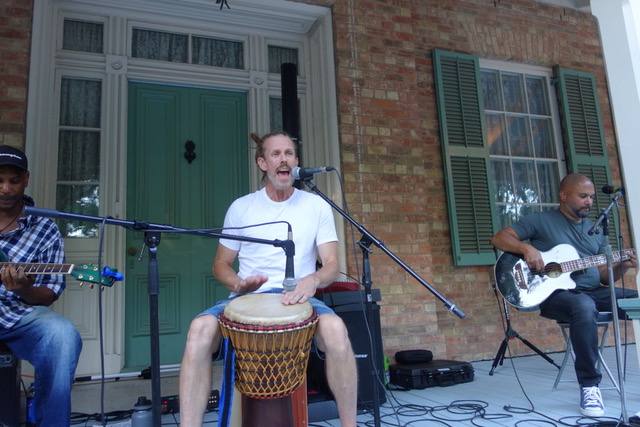
Who Is Bob Marley?
In 1963, Bob Marley and his friends formed the Wailing Wailers. The Wailers’ big break came in 1972 when they landed a contract with Island Records. Marley went on to sell more than 20 million records throughout his career, making him the first international superstar to emerge from the so-called Third World.
Early Life
Born on February 6, 1945, in St. Ann Parish, Jamaica, Marley helped introduce reggae music to the world and remains one of the genre’s most beloved artists to this day. The son of a Black teenage mother and much older, later absent white father, he spent his early years in St. Ann Parish, in the rural village known as Nine Miles.
One of his childhood friends in St. Ann was Neville “Bunny” O’Riley Livingston. Attending the same school, the two shared a love of music. Bunny inspired Marley to learn to play the guitar. Later Livingston’s father and Marley’s mother became involved, and they all lived together for a time in Kingston, according to Christopher John Farley’s Before the Legend: The Rise of Bob Marley.
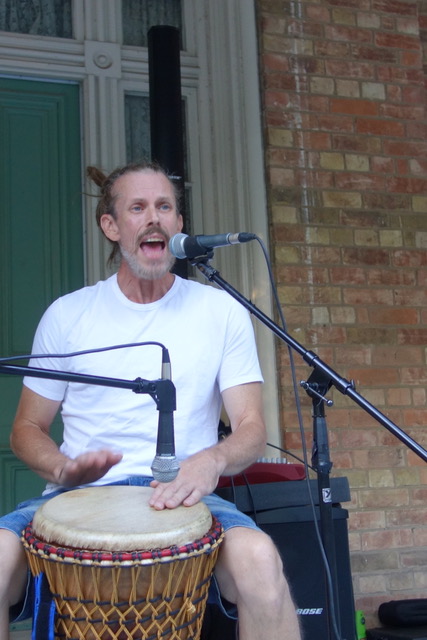
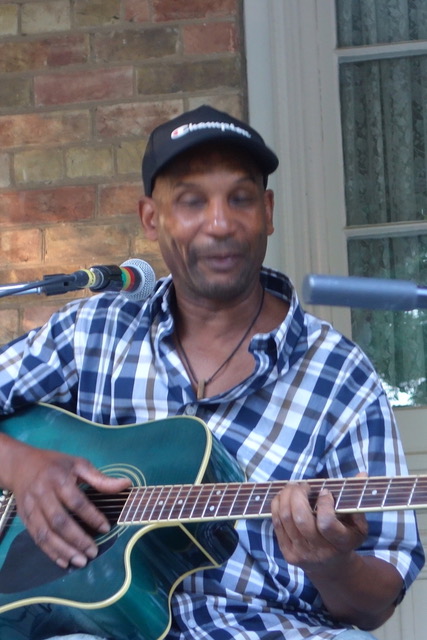
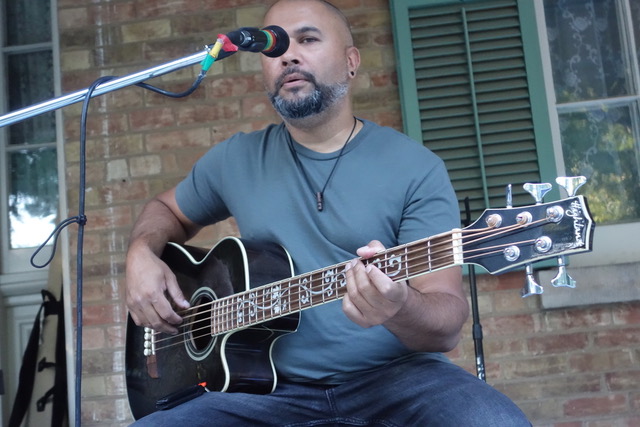
Search Results
Main results
Stand up for your right
Get up, stand up
Stand up for your right
Get up, stand up
Stand up for your right
Get up, stand up
Don’t give up the fight
Heaven is under the earth
I know you don’t know
What life is really worth
Half that story ain’t never been told
So now you see the light, hey
You stand up for your right
Come on
Stand up for your right
Get up, stand up
Don’t give up the fight
Get up, stand up
Stand up for your right
Get up, stand up
Don’t give up the fight
Great God will come from the sky
Take away everything
And make everybody feel high
You would look for yours on earth
And now a you see the light
You stand up for your right
Jah!
Stand up for your right (oh-hoo)
Get up, stand up (get up, stand up)
Don’t give up the fight (life is your right)
Get up, stand up (so we can’t give up the fight)
Stand up for your rights (Lord, Lord)
Get up, stand up (keep on struggling on)
Don’t give up the fight (yeah)
Dy’n’ and go to Heaven in-a Jesus’ name, Lord
We know when we understand
Almighty God is a living man
But you can’t fool all the people all the time
So now we see the light (watch you gon’ do?)
We gonna stand up for our rights (yeah, yeah)
So you’d better
It’s not warm when she’s away
Ain’t no sunshine when she’s gone
And she’s always gone too long
Anytime she’s goes away
Wonder if she’s gone to stay
Ain’t no sunshine when she’s gone
And this house just ain’t no home
Anytime she goes away
I know, I know, I know, I know, I know
I know, I know, I know, I know, I know
I know, I know, I know, I know, I know
I know, I know, I know, I know, I know
I know, I know
Hey I oughta leave young thing alone
But ain’t no sunshine when she’s gone, woh woh
Only darkness every day
Ain’t no sunshine when she’s gone
And this house just ain’t no home
Anytime she goes away
Anytime she goes away
Anytime she goes away
 usveteransmagazine.com/wp-content/uploads/2020/04/Bill-Withers-guitar-playing-300×198.jpg 300w” sizes=”(max-width: 768px) 100vw, 768px” style=”box-sizing: border-box; border: 0px; vertical-align: middle; width: 360px; max-width: 100%; height: auto; max-height: 100%;”>
usveteransmagazine.com/wp-content/uploads/2020/04/Bill-Withers-guitar-playing-300×198.jpg 300w” sizes=”(max-width: 768px) 100vw, 768px” style=”box-sizing: border-box; border: 0px; vertical-align: middle; width: 360px; max-width: 100%; height: auto; max-height: 100%;”>Bill Withers died earlier in the week from complications from heart disease at age 81. Withers was known for his amazing vocals, soulful songs and was one of the best soul singers of all time. He was also a veteran of the United States Navy.
His death has resulted in an outpouring of mourning and grief from singers, artists and fans cross the world.
Regarded as one of the best songwriters of his generation, his influence has been seen in multiple genres of music and generations of artists. Withers gave us such classics as ‘Lean On Me,’ ‘Ain’t No Sunshine,’ ‘Grandma’s Hands,’ ‘Just the Two of Us’ and ‘Lovely Day.’
But there is one song that really resonates with veterans. In 1973, Withers released a song he had written while America was still involved in Vietnam.
Withers was born July 4, 1938, in Slab Fork, West Virginia. He was afflicted with a stutter from the time he was a child. He enlisted in the Navy at 18 where he served as an aircraft mechanic. He had good reason for wanting that field.
Withers told Rolling Stone, “My first goal was, I didn’t want to be a cook or a steward. So I went to aircraft-mechanic school. I still had to prove to people that thought I was genetically inferior that I wasn’t too stupid to drain the oil out of an airplane.”
While he was in the Navy, he was able to do speech therapy so he could stop stuttering. In fact, he stayed in the Navy as long as he could so he could work on his speech. He overcame his stutter using various techniques while also developing an interest in singing and songwriting. After nine years of service, he was discharged in 1965 and moved to Los Angeles to try and break into the music business. Withers worked for the aviation industry during the day while playing local night clubs at night trying to get noticed. His hard work paid off, when in 1970, he was signed to a record contract. His first album came out a year later and his career took off shortly thereafter.
After a couple of years of hits, Withers would write and perform a song that would be hailed as one of the most poignant songs about veterans and the war in Vietnam.
“I Can’t Write Left-Handed” was written from the perspective of a wounded warrior. It wasn’t a political statement, it wasn’t self-righteous, it wasn’t inflammatory. It was simply what he thought Vietnam Veterans went through and what they were going to go through. It was one of the first songs to touch on the mental anguish and post traumatic stress many Vietnam Veterans experienced in the years after the war.
Withers opened the song with a spoken intro….
“We recorded this song on October the 6th. Since then the war’s been declared over. If you’re like me you’ll remember it like anybody remembers any war: one big drag. Lot of people write songs about wars and government … Very social things. But I think about young guys who were like I was when I was young. I had no more idea about any government, or political things or anything. And I think about those kind of young guys now who all of a sudden somebody comes up, and they’re very law-abiding, so if somebody says go they don’t ask any questions they just go. And I can remember not too long ago seeing a young guy with his right arm gone. Just got back. And I asked him how he was doing. He said he was doing all right now but he had thought he was gonna die. He said getting shot at didn’t bother him, it was getting shot that shook him up. And I tried to put myself in his position. Maybe he cried, maybe he said…”
The lyrics then tell us the story of the man with a missing right arm.
I can’t write left handed
Would you please write a letter to my mother
Tell her to tell the family lawyer
Try to get a deferment for my younger brother
Tell the Reverend Harris to pray for me, lord, lord, lord
I ain’t gonna live, I don’t believe I’m going to live to get much older
Strange little man over here in Vietnam, I ain’t never
Bless his heart I ain’t never done nothin’ to, he done shot me in my shoulder
Boot camp we had classes
You know we talked about fightin’, fightin’ everyday
And lookin’ through rosy, rosy colored glasses
I must admit it seemed exciting anyway
But something that day overlooked to tell me
Bullet look better I must say
Rather when they comin’ at you.
But go without the other way
And please call up the Reverend Harris
And tell him to ask the lord to do some good things for me
Tell him, I ain’t gonna live, I ain’t gonna live, I ain’t gonna live to get much older
Strange little man over here in Vietnam, I ain’t never seen, bless his heart I
Ain’t never done nothing to, he done shot me in my shoulder
A SURPRISE VOLUNTEER …REMINDS US THAT OUR WORLD IS STILL VIOLENCE PRONE
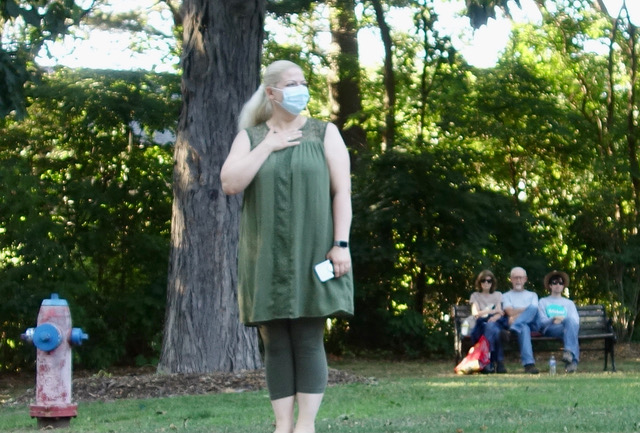
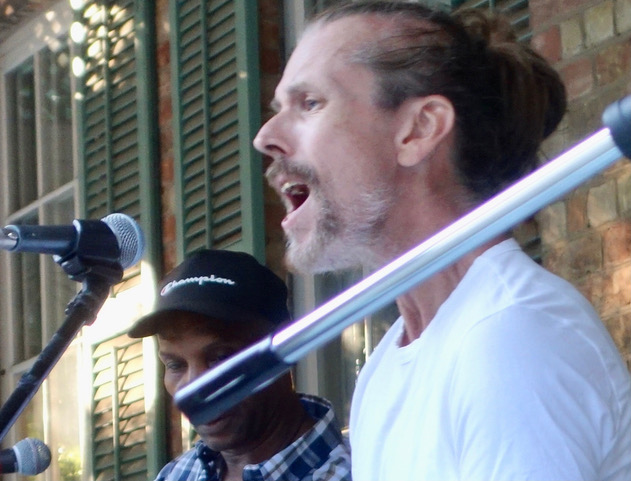
“Reggae” comes from the term “rege-rege” which means “rags” or “ragged clothes”, and this gives you your first clue into the story behind reggae music. When it started out in Jamaica around the late 1960s, reggae music was considered a rag-tag, hodge-podge of other musical styles, namely Jamaican Mento and contemporary Jamaican Ska music, along with American jazz and rhythm & blues, something like what was coming out of New Orleans at the time. Most listeners didn’t even distinguish reggae from Jamaican dancehall music or the slowed down version of ska music known as Rocksteady, until possibly when the band Toots and the Maytals came along. There songs served as a sort of public notice that a new style of music had been born and was staking its claim on the musical frontier.
Besides its sound, reggae music is frequently associated with the common themes in its lyrics. The earliest reggae lyrics spoke mostly of love, specifically romantic love between a man and a woman. But as the music and the musicians making it made their way into the 1970s, reggae started taking on a heavy Rastafarian influence. Now the love being sung about was not just romantic love, but cosmic, spiritual love, the love of one’s fellow man, and of God, or “Jah”. And when reggae singers weren’t singing about love, they were singing about rebellion and revolution against the forces impeding that love, like the extreme violence, poverty, racism, and government oppression they were witnessing or experiencing on a regular basis.
When reggae music reached more popular international acclaim was after singer Jimmy Cliff released a movie called “The Harder They Come” with a powerful socio-political storyline and an equally strong reggae soundtrack. This sudden global attention and interest in the music paved the way for possibly reggae’s biggest superstar, Bob Marley, to become a worldwide legend, and the name most associated with the genre. Today reggae music has spurred the innovation of a whole new range of musical styles, like modern Jamaican Dub, and been infused into many other popular genres, like hip-hop and rap. Yet still you can find bands in every corner of the world playing that authentic, roots reggae like it was when it started out in Jamaica over 50 years ago.
